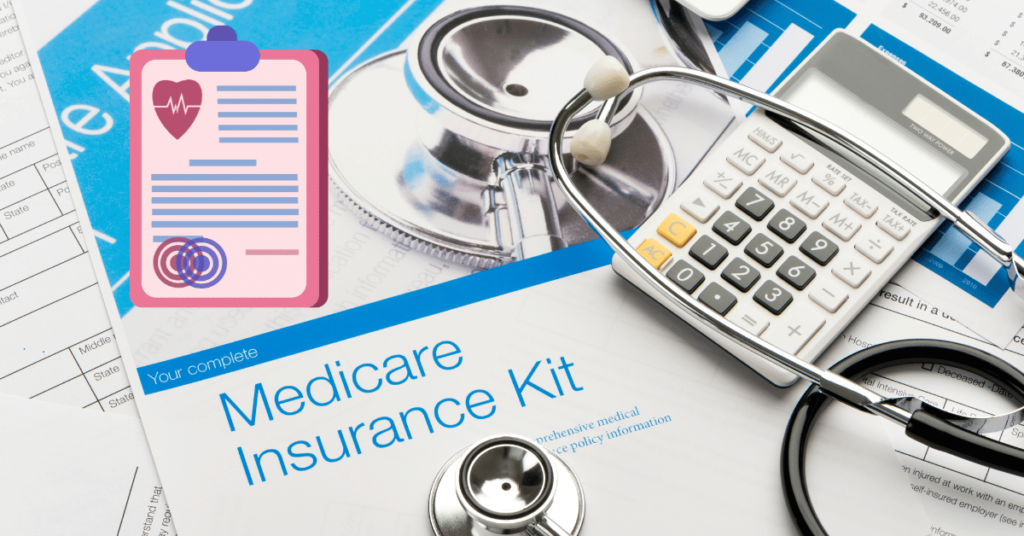As freelancers approach retirement, one of the most pressing concerns is how to manage healthcare coverage. Unlike traditional employees who often receive health benefits from their employers, freelancers must navigate the complex world of health insurance on their own.
This article explores the various healthcare options available for freelancers approaching retirement, providing insights into Medicare, private insurance, and other alternatives to ensure they have adequate coverage.
Healthcare Needs in Retirement

Healthcare costs can be a significant portion of retirees’ budgets. As individuals age, they may face increased medical expenses due to chronic conditions, preventive care, and unexpected health issues. Understanding healthcare options is crucial for freelancers to ensure financial stability during retirement.
Key Considerations for Freelancers
Freelancers should consider the following factors when evaluating healthcare options:
- Age: Different options are available depending on whether you’re approaching age 65 or are already eligible for Medicare.
- Health Status: Pre-existing conditions can influence the choice of healthcare plans and coverage availability.
- Budget: Assessing how much you can afford for premiums, deductibles, and out-of-pocket costs is essential.
Healthcare Options for Freelancers

1. Medicare
Medicare is a federal health insurance program primarily for individuals aged 65 and older, as well as some younger people with disabilities. Understanding the different parts of Medicare is essential for freelancers:
- Medicare Part A: Covers hospital stays and inpatient care. Most people qualify for Part A without a premium if they or their spouse paid Medicare taxes for at least ten years.
- Medicare Part B: Covers outpatient care, doctor visits, and preventive services. There is a monthly premium associated with Part B, and coverage begins when you turn 65.
- Medicare Part C (Medicare Advantage): Combines Part A and Part B coverage through private insurance plans, often including additional benefits like vision and dental care.
- Medicare Part D: Provides prescription drug coverage. Freelancers should consider enrolling in a Part D plan to help manage medication costs.
2. Private Health Insurance
For freelancers who are not yet eligible for Medicare or prefer alternative coverage, private health insurance is a viable option. This can include:
- Individual Health Plans: These plans can be purchased through insurance brokers or online marketplaces. It’s important to compare different plans based on coverage, premiums, and out-of-pocket costs.
- Short-Term Health Insurance: If you need temporary coverage, short-term plans can fill gaps but often provide limited benefits and do not cover pre-existing conditions.
3. Health Savings Accounts (HSAs)
Health Savings Accounts (HSAs) are tax-advantaged accounts that allow individuals to save for medical expenses. Freelancers can contribute to HSAs if they have a high-deductible health plan (HDHP). Funds in HSAs can be used for qualified medical expenses and roll over from year to year, making them a valuable tool for managing healthcare costs in retirement.
4. Spousal Coverage
Freelancers who are married may have the option to obtain health insurance through their spouse’s employer-sponsored plan. This can provide more affordable coverage and additional benefits that may not be available through individual plans.
Additional Considerations
1. Understanding Costs
Freelancers should carefully evaluate the costs associated with each healthcare option, including premiums, deductibles, co-pays, and out-of-pocket maximums. This helps ensure they choose a plan that fits their budget and healthcare needs.
2. Enrollment Periods
Be aware of enrollment periods for Medicare and private insurance. For Medicare, the Initial Enrollment Period (IEP) begins three months before you turn 65 and lasts for seven months. Failing to enroll during this period may result in penalties or gaps in coverage.
3. Comparing Plans
When choosing a healthcare plan, it’s essential to compare options based on coverage, costs, and provider networks. Consider using online comparison tools or consulting with insurance agents to find the best fit for your needs.
Conclusion
Navigating healthcare options as a freelancer approaching retirement can be complex, but understanding the available choices is crucial for securing adequate coverage. Whether opting for Medicare, private insurance, or exploring other alternatives, freelancers must consider their health needs, budget, and long-term financial goals. By making informed decisions about healthcare coverage, freelancers can enjoy peace of mind during retirement and focus on their passions without worrying about medical expenses.
If you have any further questions feel free to comment down below or contact retiresmart for any help!
FAQs
What is Medicare, and who is eligible?
Medicare is a federal health insurance program for individuals aged 65 and older, as well as some younger people with disabilities. Most people become eligible when they turn 65.
Can freelancers purchase private health insurance?
Yes, freelancers can purchase individual health insurance plans through brokers or online marketplaces, providing flexible coverage options.
What is a Health Savings Account (HSA)?
A Health Savings Account (HSA) is a tax-advantaged account that allows individuals to save for medical expenses when they have a high-deductible health plan (HDHP).
Are there enrollment periods for Medicare?
Yes, the Initial Enrollment Period (IEP) for Medicare begins three months before you turn 65 and lasts for seven months. It’s essential to enroll during this period to avoid penalties.
How can I compare different health insurance plans?
To compare health insurance plans, consider using online comparison tools, consulting with insurance agents, and evaluating costs, coverage, and provider networks.




